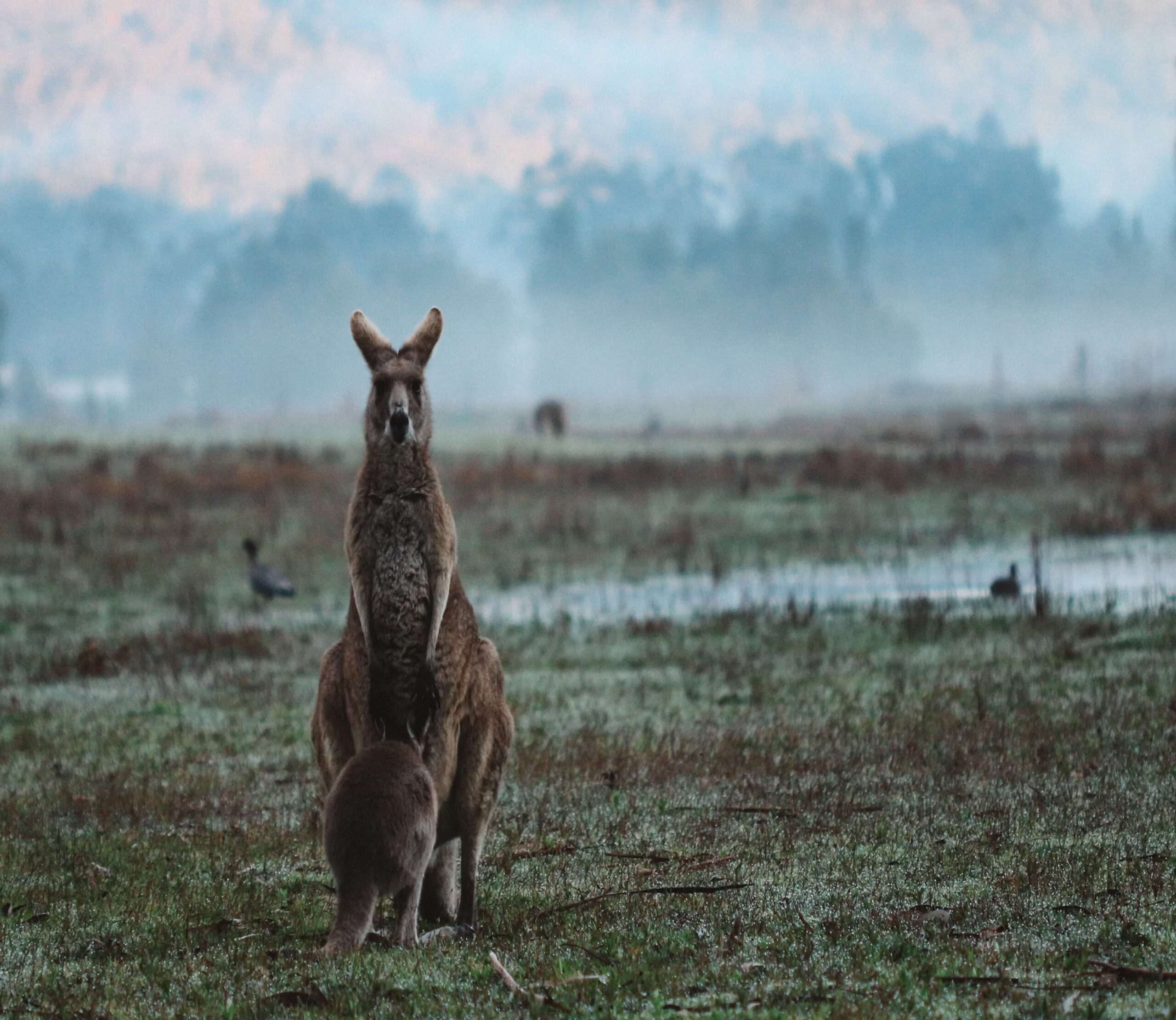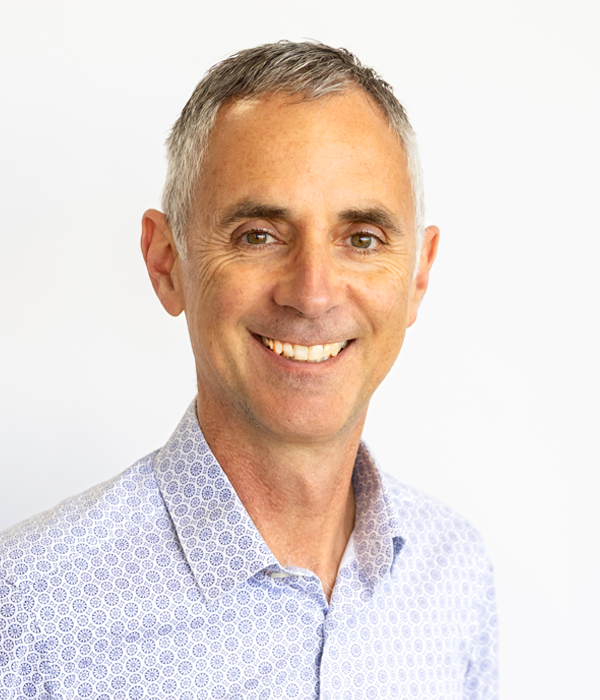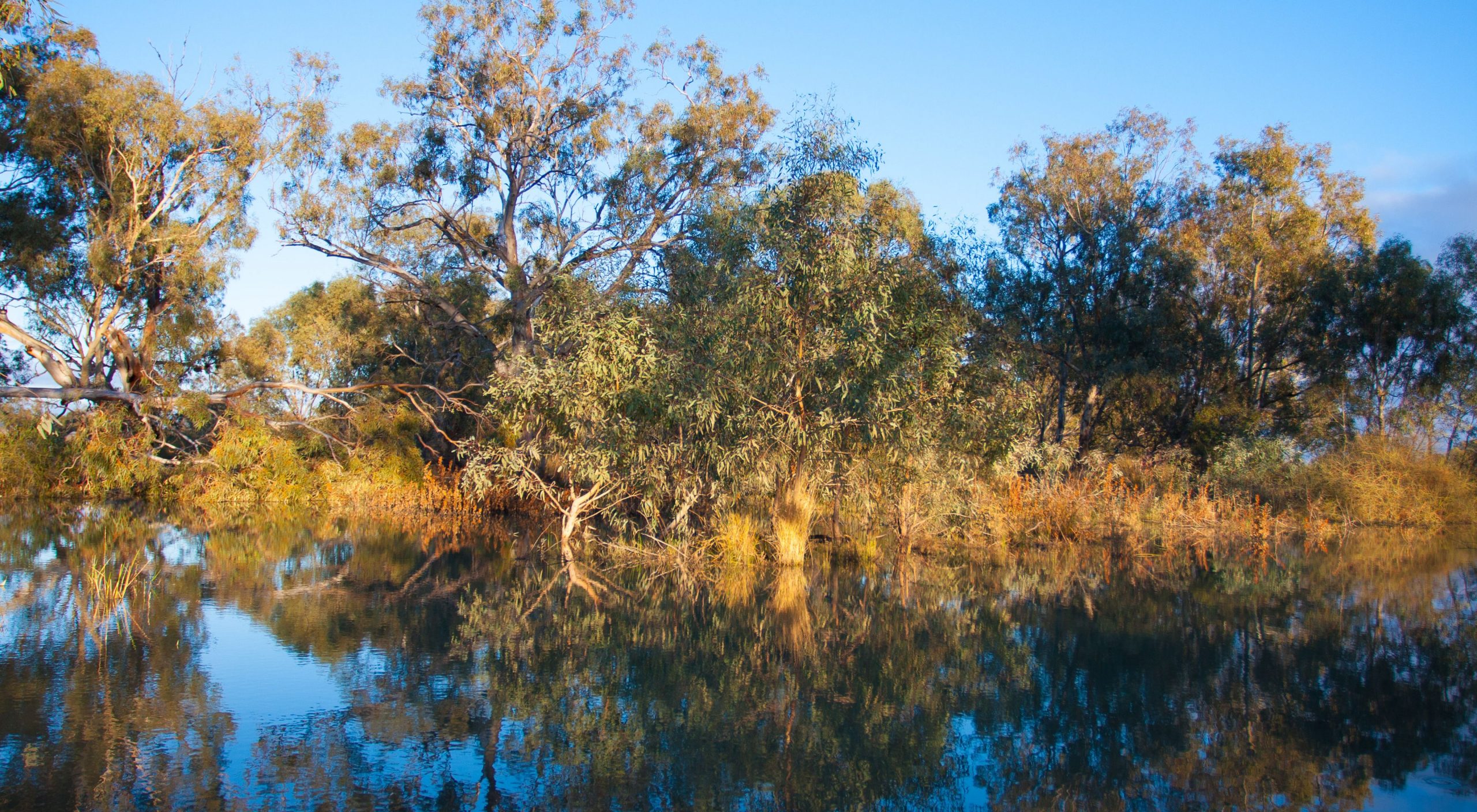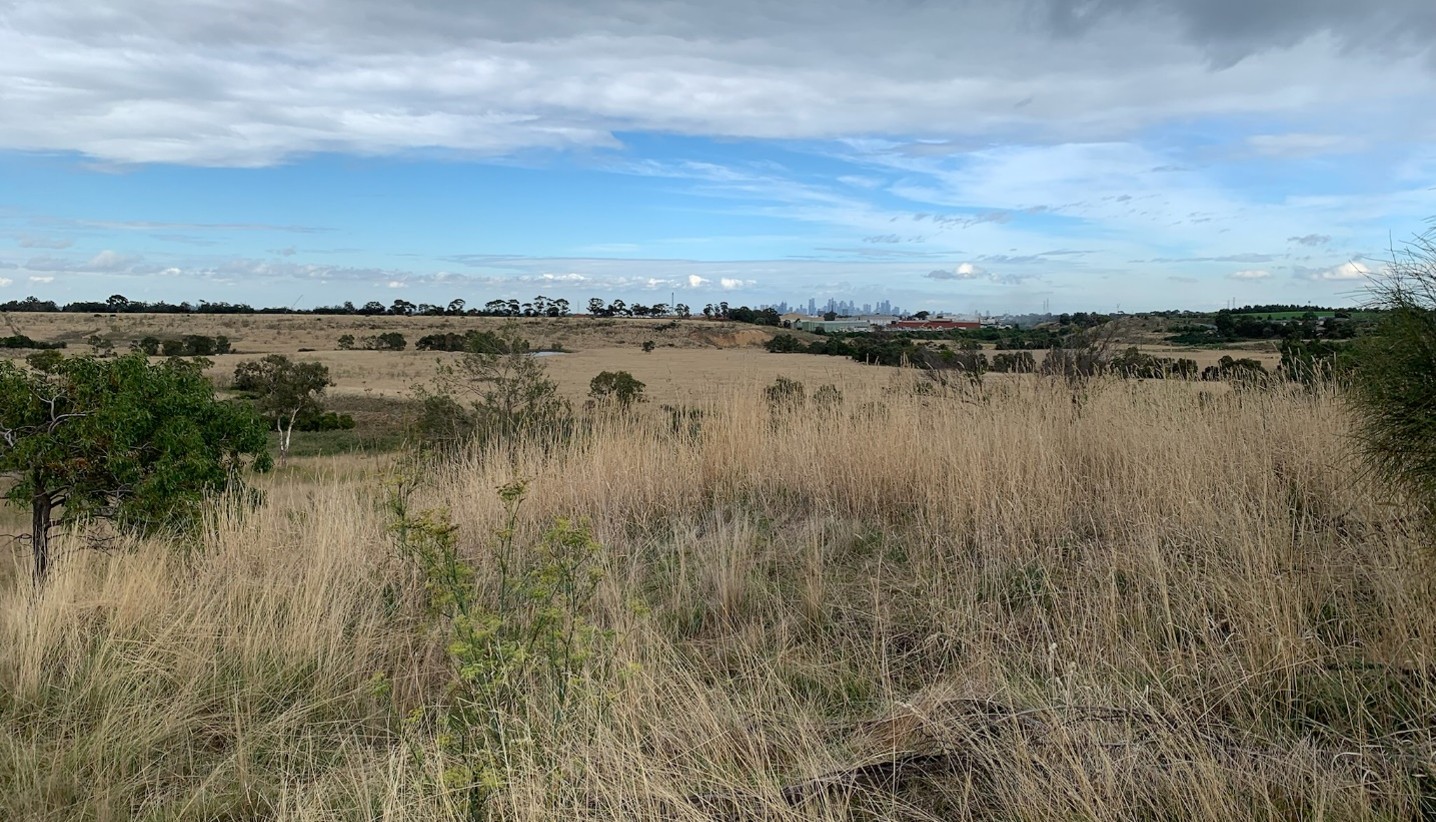
Ecological restoration
Our approach goes beyond identifying species and habitats within a project location. We seek to understand the landscape scale patterns and linkages between ecological components and identify key ecological processes that are present or that can be restored to enhance the ecological function of a project site.
Urban Park biodiversity planning and design
EcoFutures has been delivering urban biodiversity projects in Victoria, NSW and Queensland. Our team has assisted numerous local governments with the analysis of urban forest data, engagement of communities and planning for the enhancement of biodiversity in urban environments. We have provided strategic social and biophysical advice, evidence and evaluation services to Victorian, ACT and NSW governments and industry on biodiversity enhancements, trees canopy and park design.
Revegetation planning and designs
Vegetation management is a central core of EcoFutures work. All of our vegetation management projects follow a set of principles that starts with protection of existing high quality vegetation and preventing further clearing and loss. Revegetation should be considered in areas which have actively degraded to actively restore the services that vegetation can provide (e.g. biodiversity, erosion protection, habitat connection, amenity, agricultural protection). Prioritising areas for active revegetation often requires reducing fragmentation at a landscape scale as a way to maximise ecological function and other benefits as well as increase resilience to impact. We also seek to establishing priority zones for linking habitat and vegetation types at scales larger than the project location to increase access to natural resources for flora and fauna, increase dispersal potential and thereby enhance persistence and resilience.
Ecological restoration planning
EcoFutures core business is assisting clients in conserving and restoring biodiversity in the context of climate change and other long-term pressures facing our land and seascapes. By applying the principles of ecological restoration, we assist the recovery of ecosystems that have been degraded or require enhancement to support their resilience. Our typical approach is to break a project site or landscape up into ecological zones by identifying the key ecological functions and services those zones can provide. We then identify key ecological communities and species inside and outside the project location to ensure that the project sits within a greater ecological context. We have worked closely with landholders, community groups, non-government organisations, private industry and public land and sea managers to plan, implement, monitor and manage their restoration and rehabilitation projects. We often work with environmental engineers, river geomorphologists and landscape architects to ensure that ecological principles are incorporated alongside the need for grey and green infrastructure.
Industry leadership
Our industry leaders are known for their deep expertise and knowledge in their field. They bring a thorough understanding of industry trends, technologies, and best practices.

Dr Andrew Sharpe
Andrew is an aquatic ecologist with over 30 years of experience spanning academia, government, and environmental consulting. He specialises in freshwater ecology, with a strong focus on landscape-scale environmental issues and the integration of science into practical water management.<br><br>Andrew has led numerous monitoring and research programs, with particular expertise in environmental water management, project design, and ecological assessment. His work bridges hydrology, geomorphology, and the ecological needs of freshwater species.<br><br>Over his career, he has contributed to more than 200 consulting projects, published in peer-reviewed journals, and held leadership roles in major water management programs, including at the Victorian Environmental Water Holder.

Dr Paul Maxwell
General Manager – EcoFutures
Paul is a coastal ecologist and natural resource management specialist with 20 years experience working for state government, universities and not-for-profit organisations. He has had extensive experience in developing and implementing environmental, social and economic monitoring and research programs across Australia for local councils, natural resource management organisations and water utilities. He is an experienced project manager in the fields of coastal habitat management and assessment; water quality and river health management; water resource management; monitoring and evaluation; science translation and communication and stakeholder and community engagement.<br><br>Paul is the Research and Development lead for Alluvium. Throughout his career he has focused on developing better links between the best science and practitioners and has maintained an active research profile by partnering with university and industry researchers nationally and internationally. He has been involved in a diverse range of research projects which has led to extensive publications in top-tier journals in the fields of environmental management, ecological resilience, biodiversity conservation, environmental chemistry and marine and freshwater ecology. His research and monitoring outputs have directly influenced state and local government policies.




